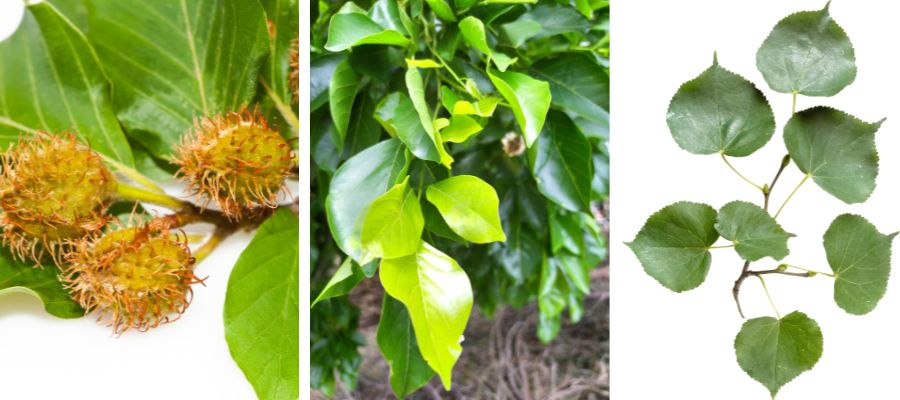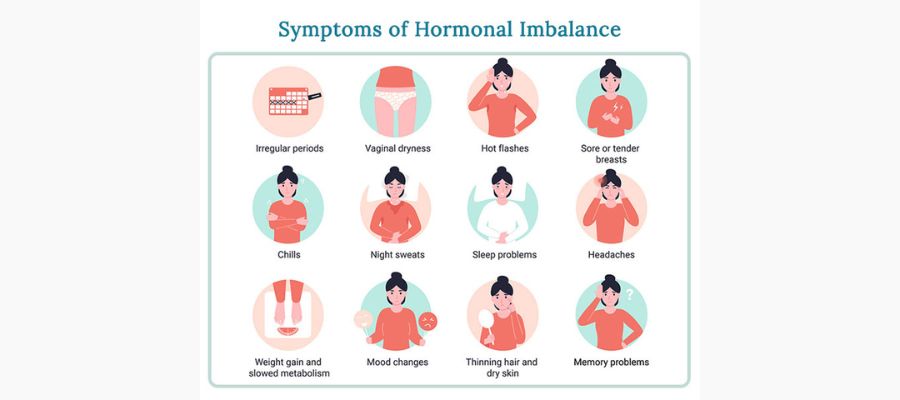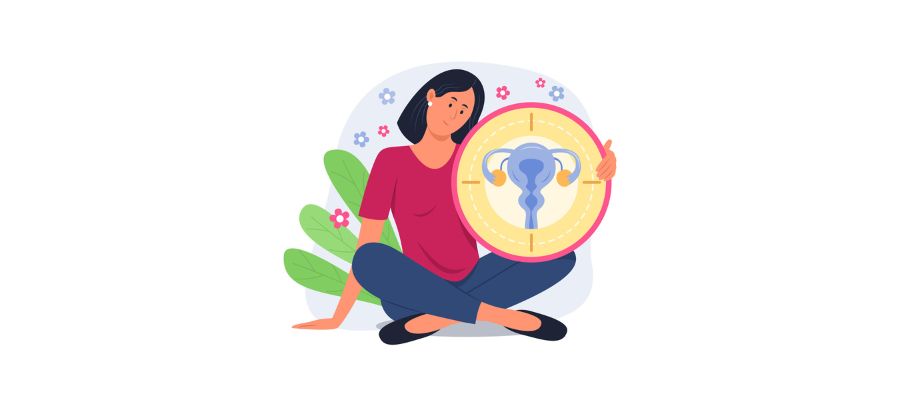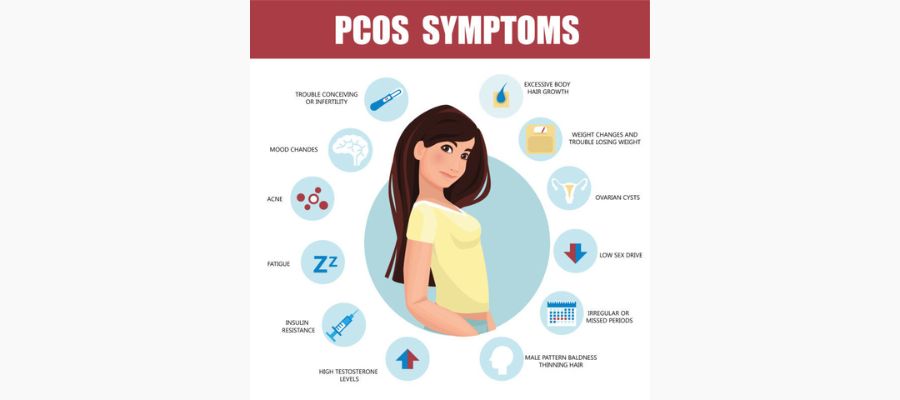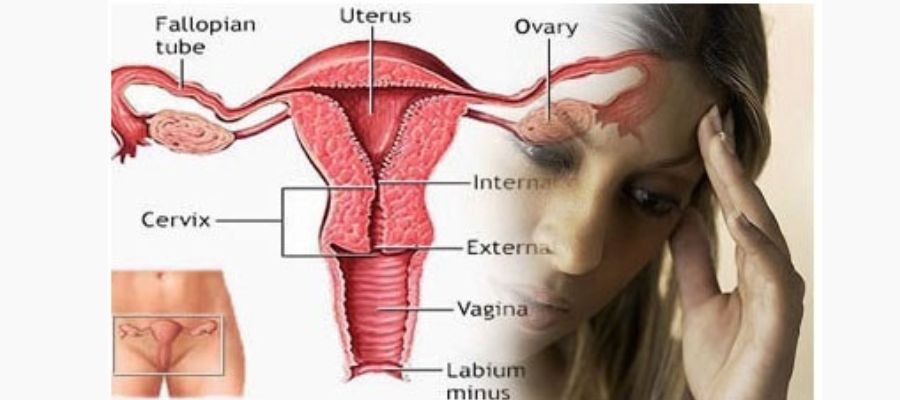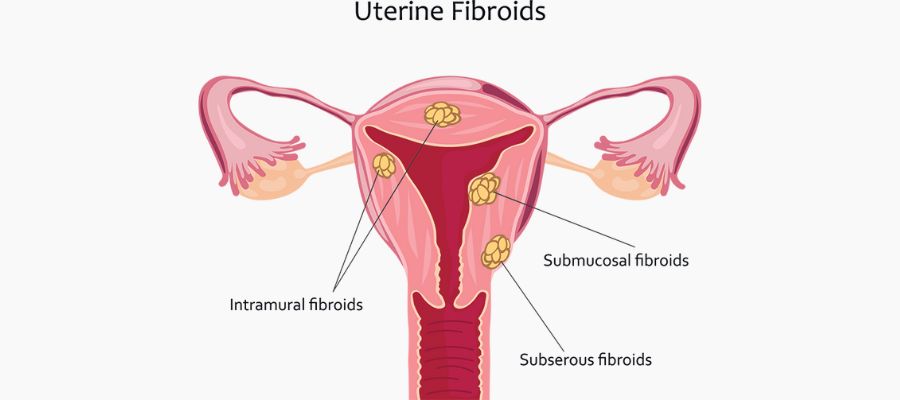
What is High Blood pressure?
Hypertension is a condition in which blood flows with a force higher than usual through the blood vessels. Blood pressure is usually represented as 120/80 (or '120 over 80'). Because blood pressure changes with a pulse, there are two numbers. When the heart beats, blood is pumped into the arteries, the greater pressure (120) signifies the pressure in the arteries i.e. Systolic pressure. When the heart is calm between beats, the lower pressure (80) indicates the pressure in the arteries i.e. Diastolic pressure.
Blood pressure levels vary from person to person. The following are the several types of blood pressure measurements:
- Normal Blood pressure: <120/80 mmHg.
- Pre-hypertension: 120-139/80-89 mmHg.
- Hypertension: 140/90 mmHg or above.
In India, Hypertension is directly responsible for 57% of all stroke fatalities and 24% of all coronary heart disease (CHD) deaths. According to recent research from India, the prevalence of Hypertension is 25% in urban areas and 10% in rural areas.
Blood pressure as per Ayurveda
Hypertension is an illness that is not addressed in the Ayurvedic text, but we may include it in Doshaja Nanatmaja vikara based on its signs and symptoms. Every organ's work is carried out by prakrita vata, and every organ's gati (blood flow) is maintained by it. Blood circulation is disrupted in hypertension due to vitiated vata. Vyana Vayu's effect on the pumping action of Hridaya or heart and the processes of Rasa Vikshepana (circulation) is useful in understanding the condition.
In Ayurveda, systemic arterial hypertension is explained by the participation of vitiated Doshas, particularly Vata and Pitta dominating Tridoshas, which obstruct the flow of these Doshas in their respective bodily micro-channels. The notion of Avarana (occlusion in the regular functioning of Dosha) helps to comprehend Hypertension and should be addressed for a better outcome while treating the condition from an Ayurvedic perspective.
Related causes in Ayurveda
- Hereditary cause i.e having a family history of high blood pressure
- Smoking and alcohol intake / Surapana
- Being overweight
- Eating a high-salt diet (Ati Lavana)
- Inactivity, poor diet
- Diet rich in Drava, Guru, Snighdha, Ati Snighda, Ati Kshar.
- Incompatible food combination / Virudh Bhojana,
- Mental depression, stress and excessive anger / krodha etc.
Symptoms & common signs of high BP
Because it seldom displays symptoms before causing damage to the heart, kidneys, or brain, hypertension is known as the silent killer. High blood pressure symptoms are characterized by;
- Headache/ Shirahashula
- Nausea & Vomiting
- Lack of concentration/ Buddhi Sanmohoa
- Flashes before the eye/ Tamo Darshana
- Fatigue/ Klama
- Excessive sweating/ Sweda-adhikya
- Disturbed sleep/ Anidra
- Giddiness/ Bhrama
- Burning sensation/ Santapa
- A feeling of burning sensation and/or numbness in hands and feet
- Breathlessness
- Loss of appetite
- Pain in chest
- Discomfort
- Bleeding from nose
- Swelling in legs and under eyes
- Irritability
- Haziness of vision
Treatment in Ayurveda
High blood pressure demands immediate intervention to lower it. It's all too easy to dismiss early warning signs until it's too late. As a result, Ayurveda advises keeping a balanced food and lifestyle throughout the day to keep your blood pressure in check. For hypertension control, it's critical to stick to a well-managed daily and seasonal routine.
Ayurveda is the ancient Indian medical science that talks about the fact that every individual has a different body constitution. So, when it comes to Ayurvedic medicines, the approach would be to match your body type to the medicine which is suited for you. The main protocol followed in Ayurveda for hypertension management is;
- Nidana-parivarjana or avoidance of causative factors
- Lifestyle modifications
- Shaman chikitsa/ Palliative treatment
- Shodhan chikitsa/ Bio-cleansing therapies/Purificatory procedures
- Rasayana or Rejuvenation therapy
If left untreated, high blood pressure can lead to a number of serious health complications, such as heart disease, stroke, and kidney failure. That’s why it’s important to see your doctor if you think you may have the high blood pressure to be treated before any serious problems develop.
Diet as per Ayurveda
While there are many factors that can contribute to high blood pressure, diet is one of the most important. What we eat has a direct impact on our blood pressure.
Small dietary adjustments can have a significant influence on blood pressure. If you suffer from high blood pressure, talk to your doctor about making dietary modifications. It's possible that you'll be amazed at how much of a difference it makes.
- Fruits and vegetables, lean protein, and whole grains should all be included in your diet.
- A diet that is low in salt, cholesterol, saturated fat, and total fat.
- A good and scheduled eating routine.
- Fruits, vegetables, legumes, and a broad variety of wholegrain meals are all examples of plant-based foods.
- Include yava/barley, jawar, wheat, green gramme, horse gramme, shigru, bitter gourd, bottle gourd, turnip, carrot, radish, amla, cucumber, black grapes, pomegranate, apple, pineapple, cold milk, and other vegetables and fruits in your diet.
Natural ways to control High BP
- Eat a balanced diet
- Include a balance of all six ayurvedic tastes: sweet, sour, salty, pungent, bitter, and astringent.
- Use ayurvedic oils such as sesame oil or coconut oil in your cooking.
- Manage body weight
- Maintain a healthy weight, and if you are overweight or obese, reduce weight. The body mass index (BMI) and waist circumference are two indicators of whether or not someone is overweight or obese.
- Losing weight reduces systolic blood pressure. A 10 kg weight decrease can lower systolic blood pressure by 6–10 mmHg.
- Get regular exercise.
- It is strongly encouraged that you get physically active as part of your overall health, independent of drug treatment, for a complete approach to reducing hypertension.
- Daily brisk walking for half an hour.
- Practice stress-reducing techniques such as yoga or meditation.
- Yoga, meditation, and other forms of regular exercise should be done under the direction of a yoga professional.
- Get enough sleep.
- Timely sleeping and awakening.
- Follow ayurvedic circadian or biological clock rhythm.
- Avoid day sleeping and awakening at night.
- Use of Ayurvedic herbs and spices
- Such as ginger, garlic, and turmeric.
- Drink plenty of fluids, especially water.
- Remain hydrated throughout the day and night cycle.
- Avoid tobacco and alcohol
- While quitting smoking does not directly lower blood pressure, it does significantly lower overall cardiovascular risk.
Herbs to control High Blood pressure
There are many different herbs that can be used to help treat high blood pressure, but some are more effective than others. The top ayurvedic herbs for high blood pressure are ashwagandha, sarpagandha, jatamansi, Arjun, rasona, Brahmi, Guggulu, liquorice, shankhpushpi etc.
Yoga to control high BP name of asanas
Yoga has been found in studies to be an effective strategy to decrease blood pressure. If performed correctly and embraced as a lifestyle, Shavasana, Sukhasana Dhanurasana, Makarasana, and Vajrasana, as well as frequent practice of Pranayama, have been proven to be particularly effective in decreasing blood pressure in both normal and hypertensive patients.
Conclusion
At different times of the day, your blood pressure may vary. When people first wake up, after exercising, or when they are stressed, it is frequently greater. It's common to have increased blood pressure for brief periods of time. Blood pressure that remains high for an extended period of time, on the other hand, might create major health complications. It puts a burden on the heart and blood vessels, raising the risk of heart attack, stroke, renal disease, and even death. Consult with an ayurvedic physician to find out if you have any specific imbalances that need to be addressed.


